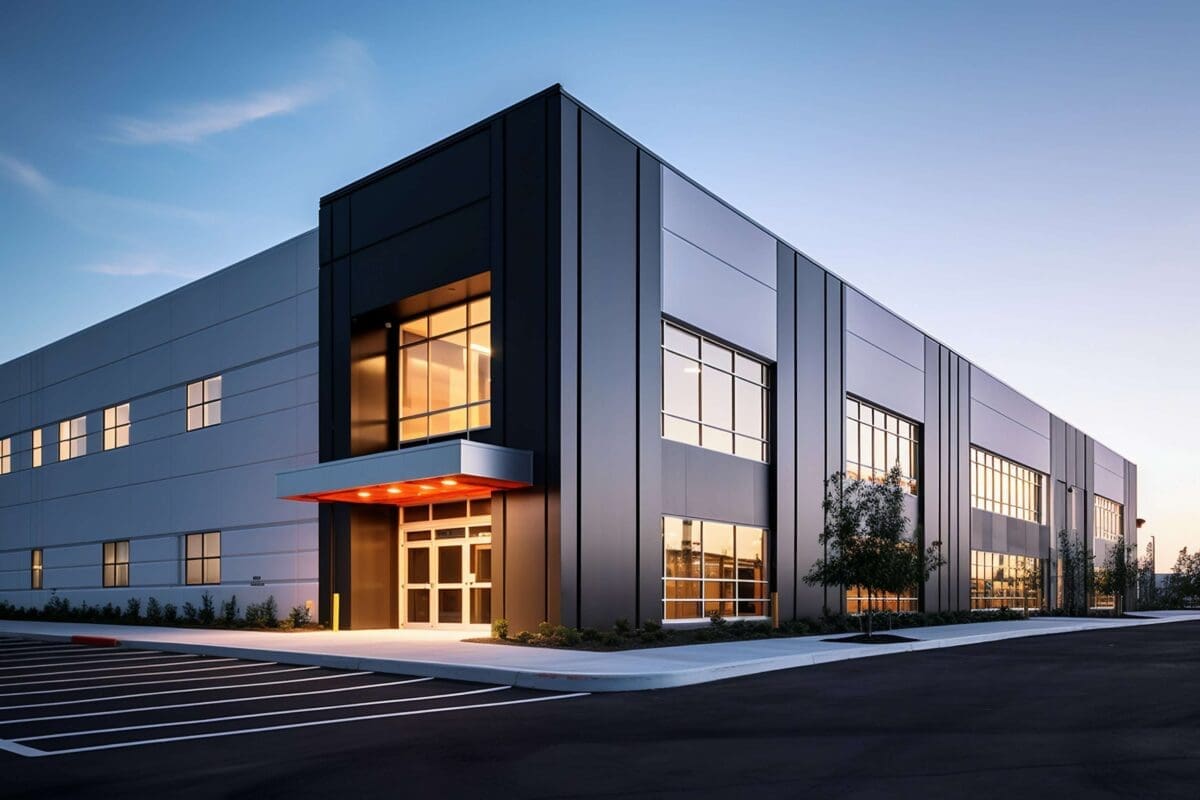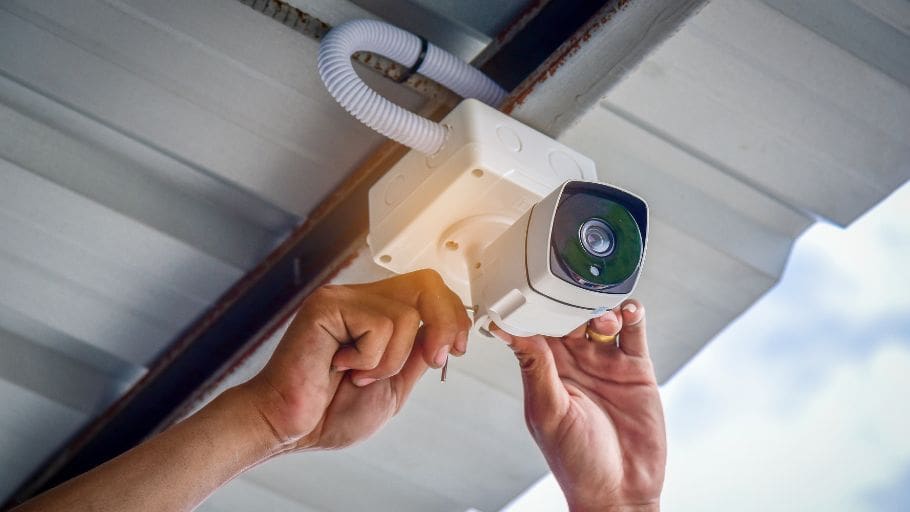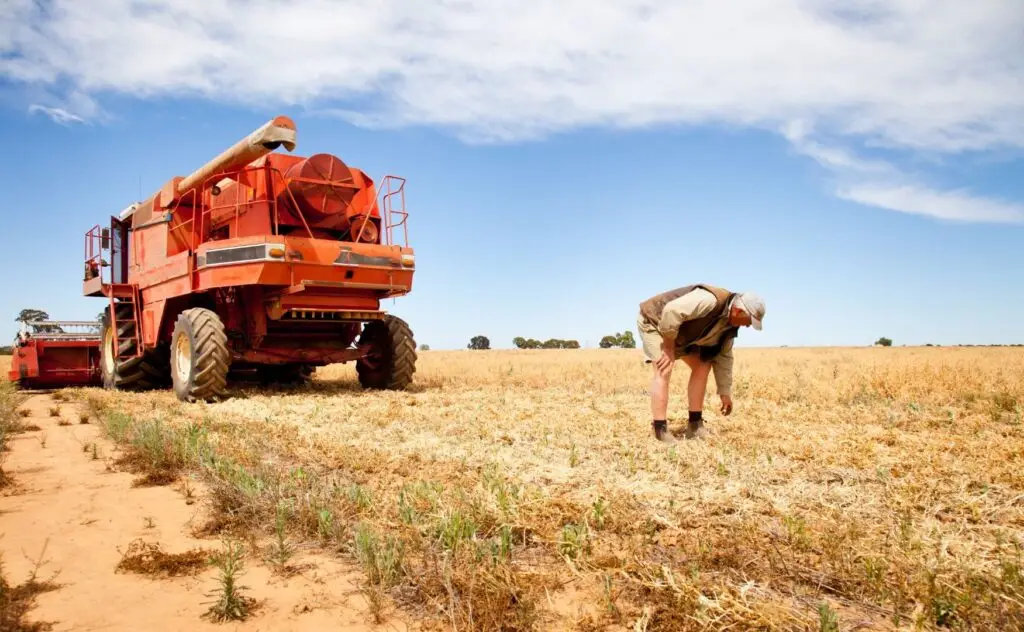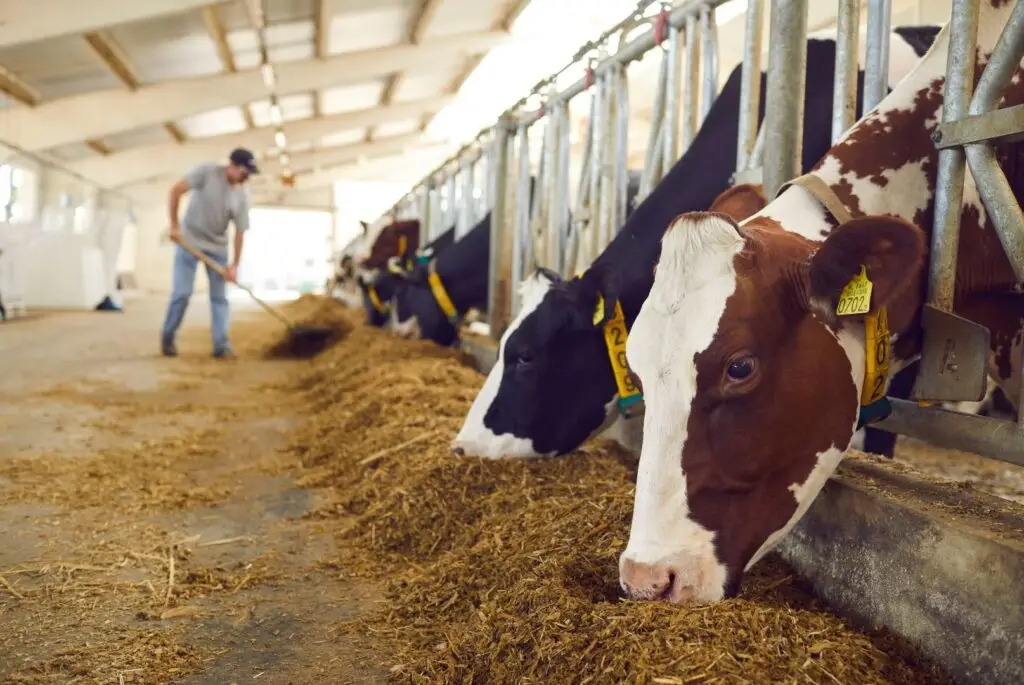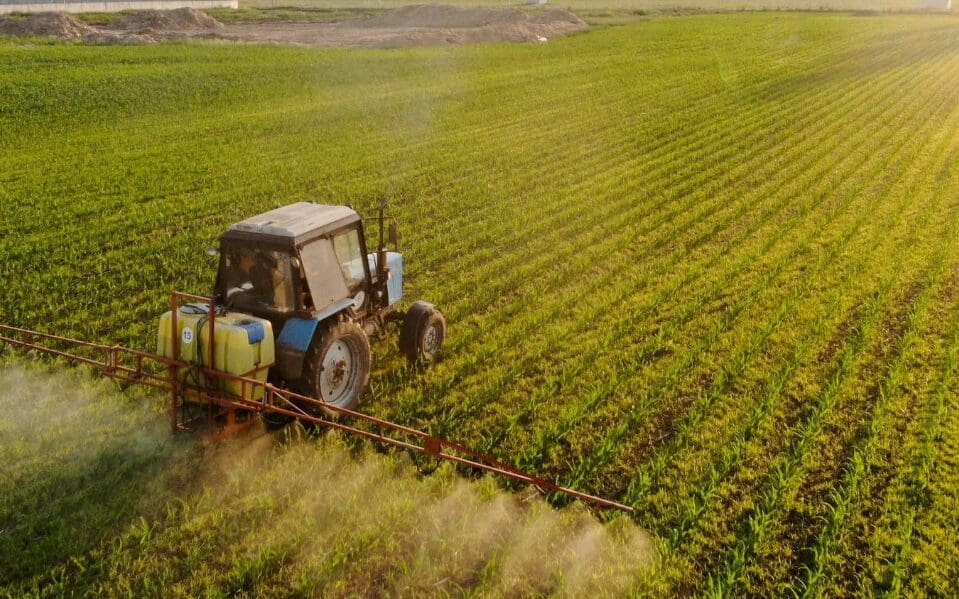As we celebrate International Women’s Day for 2025, the theme Accelerate Action encourages us to move beyond conversation and drive real, tangible change. With women’s rights and contributions in the spotlight, now is the time to refocus on achieving true workplace equity. Women bring immense talent, capability, and innovation to the workforce.
At East West Group, we believe in recognising capability, talent, and contributions— shaping our work environment and manoeuvring our work practices to provide the necessary support for these talents to thrive. “Where I was previously struggling to hit monthly targets due to a different culture, I am now exceeding them and the only real (and this is a large factor) change is the environment.,” says Sam, Insurance Advisor.
Today, we highlight three incredible women—Amanda, Erin, and Sam—who have not only carved successful careers at East West Group but have also been supported in ways that enabled them to flourish. Their stories reflect the impact of inclusive policies, leadership support, and a commitment to equity in action.
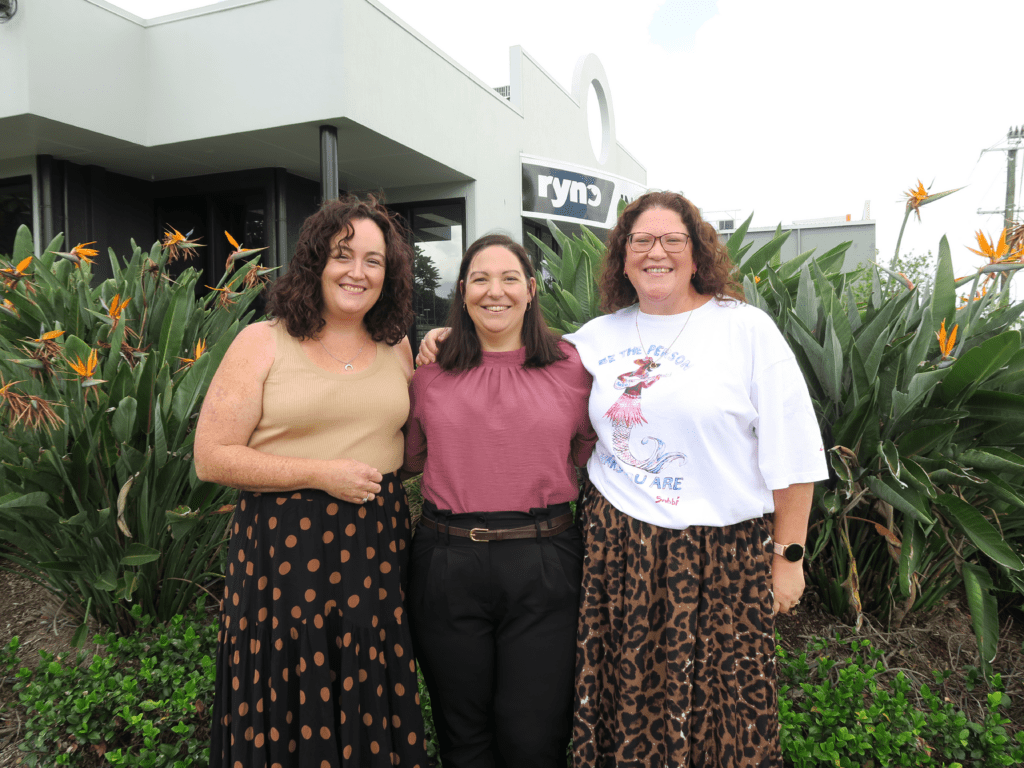
Personal Stories & Growth
Amanda: Embracing Every Opportunity
Amanda’s journey at East West Group began as a receptionist with no prior experience in insurance. Through a willingness to take on challenges and an environment that encouraged learning, she progressed through various roles before finding her place in underwriting. “My journey started a long way from where I am now! I came to the East West Group as a receptionist with no experience in the insurance industry,” Amanda recalls. “Every step of the way, the staff and management have been incredibly supportive, with no question too silly (and there were a lot of questions!).”
Amanda found that the support she received helped her navigate challenges and overcome self-doubt. “I have always had a little imposter syndrome not coming from an insurance background,” she shares. “One particular instance that recently impacted me was in a meeting discussing one of our products. I mentioned a particular trend I had been seeing, and the immediate flow-on from that saw the creation of a new product. It was a great feeling being part of something from the ground up!”
She also values the organisation’s flexibility, which has allowed her to balance her career and personal responsibilities. “I have recently moved to a compacted working week, which has been very impactful in creating a balance in working and personal responsibilities. There was open discussion in relation to how this would work, and the move to this model was seamless.”
Amanda believes that the inclusive nature of East West Group has made all the difference. “Gender has not been a barrier within EWG, with the same opportunities being afforded to both male and female staff, and in fact, the majority of the senior roles are held by women,” she says proudly.
Erin: From Support to Leadership
Erin’s career began as a part-time Broker Assistant while managing the responsibilities of being a mother to two young children. “I came to EWG almost eight years ago as a new mum of two, looking for a job with the least responsibility possible,” Erin explains. “I settled in nicely three days a week as a Broker Assistant to one senior broker. This quickly expanded to looking after a number of brokers and taking on various tasks, including training and compliance.”
She recalls how she initially struggled with self-confidence as she transitioned into leadership roles. “Moving from support into operations—I was not confident at all!” Erin admits. “I’ve always felt that I’ve flourished in the background and was generally happy to stay behind the scenes. But now, I impact more than one part of our business operations, and I wouldn’t have it any other way.”
Her leadership journey was further accelerated by her participation in the Aspire Women Leaders Program, fully funded and supported by East West Group. “I almost didn’t apply for the Aspire program, but my manager at the time encouraged me to give it a crack—what’s the worst that could happen?” she recalls. “I was stunned when I was selected, and that pesky imposter voice started nattering in my mind.”
The program provided Erin with invaluable insights into leadership. “The program was educational and at times confronting—pushing us outside our comfort zones so we could develop our leadership skills and be the best version of ourselves. The best part? Knowing that my participation was seen as a company investment, not an inconvenience.”
East West Group’s support made all the difference. “The most meaningful support was knowing that my team would cover my duties while I was away—I didn’t need to log on after hours to catch up on the tasks I missed whilst in the program. Meetings were moved, deadlines adjusted, and my involvement was only ever treated as an opportunity, not an inconvenience.”
Sam: The Power of an Inclusive Environment
Sam joined East West Group after feeling stalled in her career elsewhere. “After reaching seven years within insurance, I personally felt stalled and was looking for a role where I could push myself out of my comfort zone and continue to learn along the way,” she says. “That was definitely East West!”
She immediately noticed the team’s support. “There is never a moment where you feel like an island,” she says. “From daily casual chats with the COO about how we’re tracking to conversations with Greg about monthly results and issues we’re facing—everyone cheers each other on.”
Sam also benefited from flexibility when her partner was made redundant, allowing her to balance work and personal responsibilities seamlessly. “What was a period of transition for our family as he reskilled into his new role meant that I needed to take time away to do the school runs and work from home more than normal,” she shares. “The leadership team and the broking team I sit within were very supportive during this time.”
Sam also has two daughters who she hopes ‘find their East West in whichever industry they work within’, highlighting the importance or working to support, not only current generations of women in the workforce, but also working to support future generations.
She also emphasises the importance of representation in leadership. “Being able to look up to the next rung or even sideways and see so many people similar to myself—a working parent with commitments to family, friends, etc.—achieving targets in an open way, is inspiring. It reassures me that the next step isn’t unattainable.”
Support and Policies at East West Group
At East West Group, we believe that equity is not just about policies—it’s about how those policies translate into real experiences for employees such as Amanda, Erin and Sam. The most impactful frameworks include:
Being open to flexible work arrangements: Whether it’s compacted workweeks, adjusted schedules for school drop-offs, or remote work opportunities, flexibility is a consideration to ensure we are giving our best to our team so they can be their best.
Outcome-Based Performance: We focus on results, so a trust-based model allows employees—especially working parents—to excel professionally while managing personal responsibilities.
Fair & Equitable Pay Structures: Regular benchmarking and position reviews ensure transparency and fairness, addressing gender pay gaps and promoting equity.
Overcoming Challenges & Accelerating Action at East West Group
While progress has been made, challenges remain within our industry.
Breaking Gender Bias: Historically, insurance has been a male-dominated industry, with brokers being men and support staff primarily women. Erin recalls sitting in a licensing exam where she was one of only three women in a room of 25. “Clients have sometimes preferred dealing with male brokers,” she notes. “But at East West Group, I’ve always felt that being a woman is an advantage.
Building an Accessible Workforce: The key to breaking systemic barriers is shifting perspective. Organisations must ask themselves: Is our workforce truly accessible? Or are we prioritising traditional practices over attracting and retaining top talent? At East West Group, we constantly challenge outdated thinking, ensuring our frameworks evolve to create opportunities for all.
The Role of Self-Awareness and Transparency: Transparency, feedback, and openness to new ways of working are essential in driving continued progress. Businesses must actively listen, assess, and refine their structures to foster long-term equity.

Looking Forward: A Call to Action
International Women’s Day is more than a celebration—it’s a call to push boundaries and drive change. At East West Group, we are committed to continuous improvement, not just in policies but in actions that make a difference for our teams and for our clients.
The experiences of Amanda, Erin, and Sam are proof that when organisations are open to flexibility, mentorship, and genuine inclusivity, not only women thrive- it’s a benefit for all.
As workplaces, we must remain adaptable, and proactive in accelerating action toward gender equality.
As Erin wisely states “people flourish where they feel safe to do so. Do what you say you are going to do. Communicate if you can’t.”
This International Women’s Day let’s not just talk about change—let’s accelerate it.


